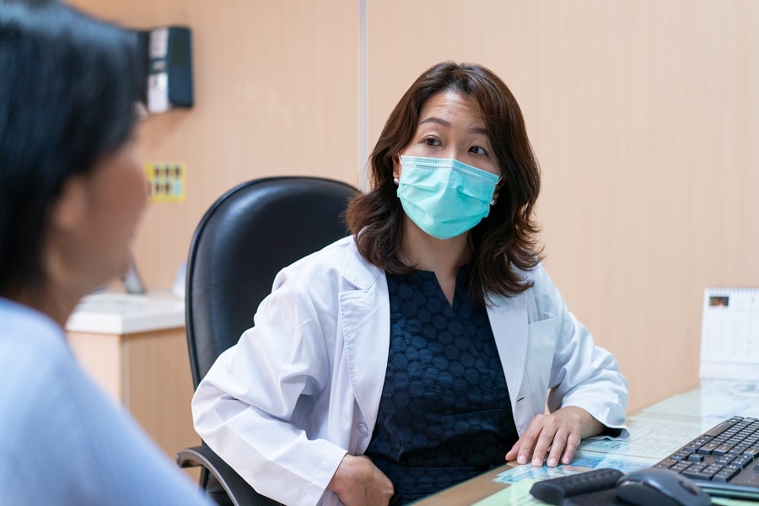Cervical Cancer Month: HPV vaccination and other prevention tools
Jan 4, 2021

As recently as 50 years ago, cervical cancer was the leading cause of cancer-related death in women. But in the last 40 years, the mortality and case rates have declined significantly. The reason? Today, we have better preventive tools and screenings than we’ve ever had before.
The link between HPV and cervical cancer
“Today, we know much more about cervical cancer than we used to,” says Candace Westgate, DO, OB/GYN, Medical Director of Women and Infant Services at Adventist Health St. Helena. “Today, we have tools both for early detection and for prevention.”
Thanks to research in the medical community, we now know that there is a direct link between cervical cancer and human papillomavirus (HPV). In fact, 99.7% of women with cervical cancer also have HPV.
“There are hundreds of strains of HPV,” Dr. Westgate explains. “The two highest-risk HPV strains—16 and 18—account for about 70% of all cervical cancers.” Additionally, HPV can lead to multiple other types of cancers, including cervical, vaginal, vulvar, anal, penis and head and neck cancer.
The good news? The HPV vaccine protects against those two high-risk strains of HPV, as well as seven other strains.
Who needs the HPV vaccine?
Experts recommend that everyone—girls and boy—ages nine to 26 receive the HPV vaccine. “Ideally, patients should get the vaccination before the age of 15,” Dr. Westgate explains. “At younger ages, people have a better immune response. At that age, the vaccine provides protection before patients have potential risk of HPV exposure.”
If children under age 15 receive the vaccine, they only need two shots. Over the age of 15, healthcare providers administer the vaccine as a three-part series.
What about men and women over 26? There’s still good news. The Food and Drug Administration has approved vaccination for patients up to the age of 45. “We’re seeing a significant increase of patients with HPV-related head and neck cancers in their 40s,” Dr. Westgate explains. “While giving the vaccine to adults is not ideal timing, the vaccine still offers cancer prevention benefits.”
Vaccination is cancer prevention
Up to 80% of sexually active people contract HPV. In the United States, that equates to 79 million people who have HPV. “Unfortunately, the majority of HPV goes undetected because people don’t experience any symptoms,” Dr. Westgate explains.
“When you have HPV, it takes about 10 to 15 years for cervical cancer to develop,” Dr. Westgate notes. “The HPV vaccine is the first cancer-preventing vaccine that we have. As parents, we have an opportunity to protect our children’s futures.”
What else can I do to prevent cervical cancer?
For women, another crucial component of cervical cancer prevention is routine Pap smears. Pap smears are a cancer screening tool that can detect abnormal or potentially cancerous cells before cervical cancer even develops.
Between the ages of 21 to 30, women should get routine Pap smears every three years. At age 30, women who have had normal Pap results can space the tests out every five years if they also receive regular HPV testing.
What can I do if I have HPV?
If your OB/GYN does detect a high-risk strain of HPV, Dr. Westgate stresses that patients must have strong immune systems in order to clear the HPV infection. “The majority of women can clear HPV, although it’s not like other infections where we can prescribe an antibiotic,” she explains.
Unsurprisingly, diet can play a significant role in a woman’s immune system and overall health. “Some studies have shown that people who eat a lot of fruits and veggies have lower levels of high-grade abnormalities,” Dr. Westgate notes. “I talk to all women about following a healthy diet by eating whole foods and cutting out processed foods.” In particular, folic acid, B12, zinc and vitamin C have all been shown to make a difference.
The biggest take-home, Dr. Westgate says, is to build a relationship with an OB/GYN that you trust and never skip your well-woman visits. “That good patient-provider relationship is imperative to staying healthy. Be honest and open with your healthcare provider. There are many tools and even preventive options for cervical cancer. Don’t skip you.”
For more information about cancer prevention, find a healthcare provider.


